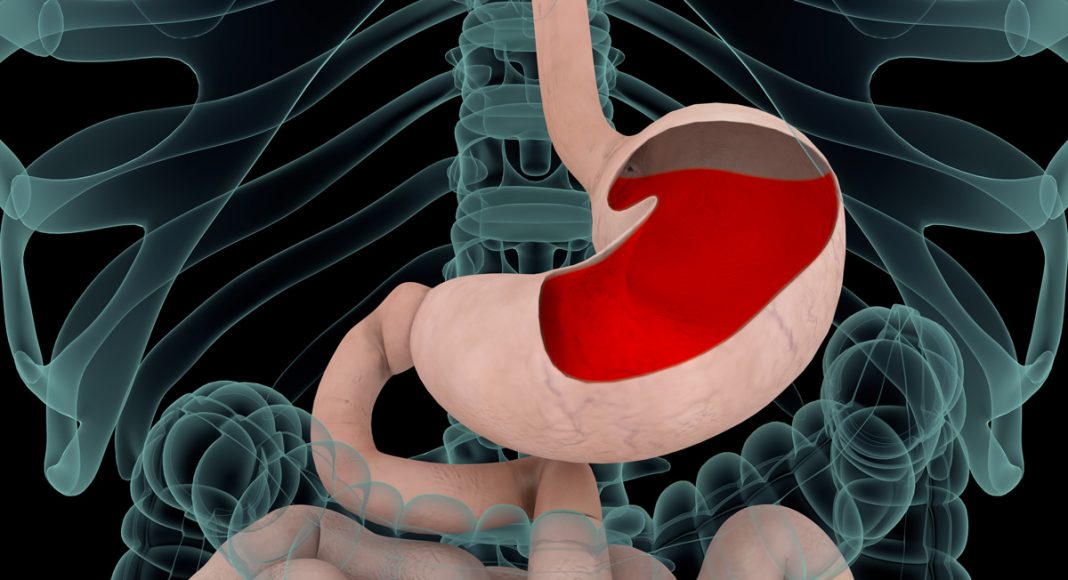GERD infliction is felt by millions of patients.
It is reported 1 in 5 Americans could suffer from Gastroesophageal Reflux Disease (GERD). You may have it but not release you are doing with this prevalent disease. Ever suffered a feeling of heartburn after finishing a meal? Or felt heartburn and/or chest pain at all before? Heartburn can occur after eating certain foods, especially highly acidic and greasy ones. Overall, though, heartburn is closely linked to Gastroesophageal Reflux Disease (GERD). Research continues and new understandings and treatments for medical conditions emerge every year. WIth great understanding comes better reactions and there is hope medical marijuana could provide some relief to GERD. Pharmaceutical drugs are often used to treat GERD, but cannabis and different cannabinoids can help treat this disease safely and and less harshly.
What’s GERD Exactly?
GERD refers to chronic symptoms including mucosal damage that was originally produced by the abnormal reflux within the body’s esophagus. Many people experience acid reflux, which is relatively common and not too serious. However, chronic acid reflux in the form of GERD can develop into a serious health issue. In the simplest of terms, GERD consists of the return of content within the body’s stomach, which then backs up into the esophagus. GERD takes place when the body’s lower esophageal sphincter (LES) is weak and/or relaxes improperly. Then, if this occurs, the stomach’s content can float back up into the body’s esophagus.
RELATED: Medical Cannabis May Be Essential Tool For People With HIV
Within each body, there’s a valve called the lower esophageal sphincter (LES), which exists at the entrance of the body’s stomach. Once food enters the stomach, the LES should close to prevent food splashing back into the esophagus. If the LES doesn’t shut properly or if it opens regularly, it’s possible for stomach acid to travel into the body’s esophagus and lead to heartburn.
Normally, the main treatment method for GERD is the consumption of prescription medications or over-the-counter drugs. However, many prescription medications cause adverse side effects. Fortunately, though, different cannabinoids can combat GERD symptoms and negative side effects that occur from prescribed GERD medications.
Cannabis = Helping Hand for GERD Patients
Moreover, within each body is an endocannabinoid system (ECS), and there are many known functions of this system including memory, sensations, pain perception, etc. In particular though, the ECS can exhibit anti-secretory effects on gastric acid in addition to mitigating inflammation and mucosal damage that’s commonly felt by GERD patients. The body’s ECS also has an impact on the body’s transient LES, which can be very helpful for those suffering from GERD.
In general, cannabis contains a wide variety of medicinal properties including but not limited to its ability to help improve acid reflux. However, one of the most well-known medicinal benefits of cannabis is its analgesic (pain-relieving) properties, which can be useful for treating GERD.
Further Medicinal Benefits
Additionally, cannabis, but CBD specifically contains anti-inflammatory properties, which serves a valuable purpose for GERD patients. Recently, it has been found that the CB2 receptor can downregulate inflammation and hypermotility in the disease state. The body’s ECS can also enhance gut motility in the setting of inflammation in addition to modulating intestinal propulsion. Furthermore, one study focused on the administration of Delta (9)-THC in GERD participants. First, it’s important to know what TSLERs are before understanding the study’s results. TSLERs are defined as transient sphincter relaxations, which is the predominant mechanism that’s seen in GERD patients. TSLERs occur after gastric stimuli and distension, and they’re often referred to as the main cause of GERD.
From the study mentioned above, it was discovered that Delta (9)-THC significantly reduced the number of TSLERs in participants in addition to causing a reduction of acid reflux episodes. Also, through the usage of Delta (9)-THC, lower esophageal sphincter pressure and swallowing were substantially reduced. However, more research must be conducted to better understand the role of the body’s ECS in esophageal function and disease. So far though, preliminary data shows that there’s a potential usefulness of cannabinoid receptors reducing TSLERs in GERD patients.
RELATED: The Impact Marijuana’s Cannabinoids Can Have On Kidney Disease
From a practical point, if you experience heartburn, acid reflux, or GERD, try observing the foods you eat because they may be aggravating GERD symptoms, especially caffeine and alcohol. If you’re interested in giving cannabis a chance, it’s suggested to consume it orally or sublingually to prevent further irritation from occurring. Also, here is a study from the National Library of Medicine on the topic if you want to do a deeper dive.


